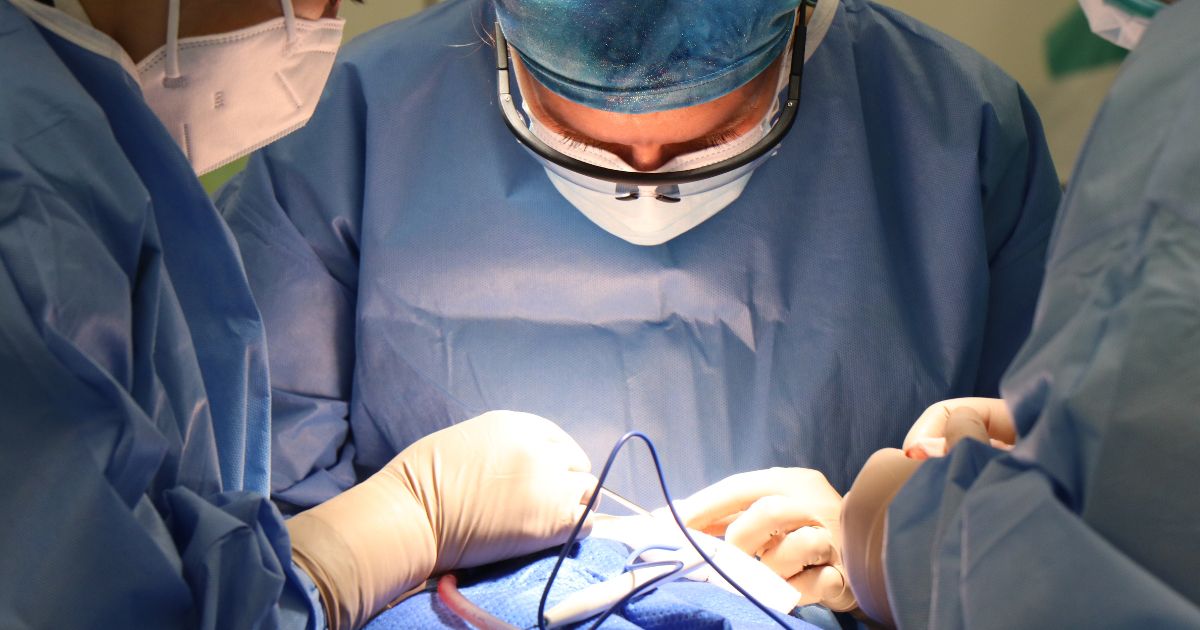Orthognathic oral surgery—commonly referred to as jaw surgery—is performed to correct irregularities in the upper and lower jaws. These structural issues can interfere with chewing, speaking, breathing, and even sleeping. By properly aligning the jaws, this procedure helps restore both function and facial symmetry.
What Are Common Reasons for Orthognathic Surgery?
Orthognathic surgery is typically recommended for patients experiencing functional issues or chronic discomfort due to jaw misalignment. Reasons for the procedure include:
- Improper Bite (Malocclusion): Malocclusions can include overbites, underbites, crossbites, open bites, or an asymmetrical bite. When the upper and lower teeth do not align properly, it can affect a person’s ability to chew, speak, swallow, or even breathe comfortably. Left untreated, these issues can also contribute to jaw strain and long-term oral health problems.
- Jaw Misalignment: A discrepancy in the growth rate of the upper and lower jaw can lead to functional problems, such as speech impediments (e.g., lisping), difficulty chewing, and temporomandibular joint (TMJ) symptoms. Clicking or popping in the jaw joint may also occur.
- Obstructive Sleep Apnea: In some cases, a recessed lower jaw can contribute to a narrowed airway, causing interruptions in breathing during sleep. Jaw surgery can reposition the jaw to widen the airway and reduce or eliminate sleep apnea symptoms.
- Temporomandibular Joint Disorders (TMD): When the joints connecting the lower jaw to the skull are not functioning properly, it can cause facial pain, earaches, headaches, jaw locking, and tinnitus. Orthognathic surgery may be part of a comprehensive treatment plan for persistent TMD.
- Facial Trauma: Injuries from sports, accidents, or physical altercations may cause jaw fractures or misalignment, making jaw surgery necessary to restore function and aesthetics.
- Congenital Conditions and Birth Defects: Conditions like cleft palate and other craniofacial syndromes can significantly impair chewing, speech, and facial development. Jaw surgery may be required to correct these abnormalities.
When Should Orthognathic Surgery Be Performed?
Jaw surgery is generally performed after growth has completed to prevent further changes that could affect the surgical outcome. For most individuals, this occurs:
- Around ages 15 to 18 for girls.
- Around ages 18 to 21 for boys.
Some adults may also pursue surgery later in life for functional or cosmetic reasons.
What Steps Are Involved in Orthognathic Surgery?
While each case is unique, the general process includes the following steps:
- Initial Consultation: A thorough evaluation is conducted by an orthodontist and an oral and maxillofacial surgeon. This includes reviewing your bite, jaw symmetry, and alignment.
- Orthodontic Preparation: Most patients wear braces for 12 to 18 months before surgery. The teeth are aligned in anticipation of how the jaws will fit together after surgery. This may temporarily worsen the bite, but it is part of the overall plan.
- Imaging and Diagnostics: Panoramic X-rays, CT scans, dental impressions, and photographs are taken to aid in surgical planning and ensure optimal results.
- Surgical Procedure: The surgery typically lasts 1 to 3 hours and is performed under general anesthesia in a hospital or surgery center. Most patients stay overnight for observation, although some may return home the same day.
- Post-Surgery Recovery: Common side effects include swelling, bruising, nasal congestion, sore throat, and tenderness. A soft-food diet is recommended for about one month, consisting of foods such as smoothies, mashed potatoes, yogurt, pudding, and scrambled eggs. Pain relief and ice packs help manage discomfort.
- Follow-Up and Continued Orthodontics: Recovery includes routine follow-ups to monitor healing. Braces are usually kept on during this period to fine-tune bite alignment and prevent tooth movement.
Put a Stop to Jaw Pain With Help From Our South Jersey Oral Surgeons at Lanzi Burke Oral & Maxillofacial Surgeons
If jaw pain or misalignment is affecting your quality of life, consider a consultation with our South Jersey oral surgeons at Lanzi Burke Oral & Maxillofacial Surgeons. Call 856-582-4222 or contact us online to schedule your appointment and take the first step toward lasting relief. Located in Washington Township, Haddonfield, and Woolwich Township, we serve patients throughout South Jersey.


